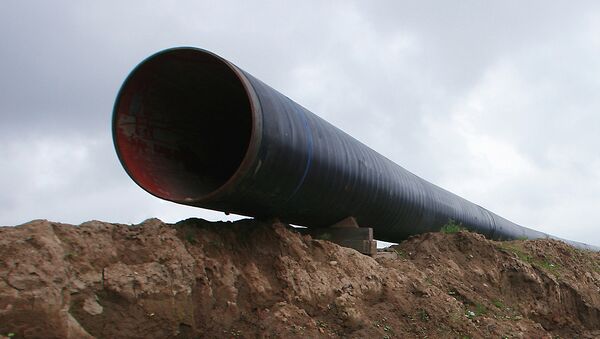"Taking into account all the evidence, considering all relevant factors, and given that there are considerable benefits nationally, regionally and to some degree locally, the [National Energy] Board found that the benefits of the [Trans Mountain] Project would outweigh the residual burdens," the NEB stated on Thursday.
However, in a 553-page report, the three-member panel set 157 conditions for the pipeline’s approval, including requirements pertaining to engineering, safety, economic responsibility and environmental protection.
The Trans Mountain project would expand the existing pipeline system between Edmonton, Alberta and Burnaby, British Columbia by 613 miles and increase the pipeline’s capacity from 300,000 to 890,000 barrels per day.
Coastal communities in British Columbia as well as indigenous groups have expressed concern that the pipeline will disrupt the local environment and could pose a considerable spill risk.
The Trans Mountain pipeline system is the only pipeline system in North America that transports crude oil as well as refined products to the West Coast, according to Kinder Morgan.
Canadian officials will have seven months to make a final decision on the project.




